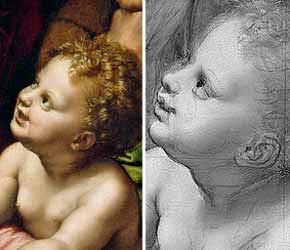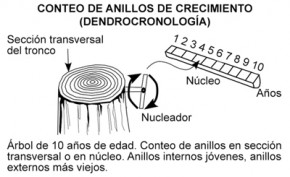
On December 3rd the (intensive) Art Journey “Techniques and analysis of artworks” was conducted in the Prado Museum in Madrid. Experts spoke about the importance of reflectography technology in the art of conservation.
The event, aimed at a specialized audience and connoisseur of conservation techniques, was based on the exhibition “El trazo oculto”, which took place a few years ago at the Museo del Prado.
One of the most interesting lectures was from Duilio Bertani (Istituto per la Conservazione and the Valorizzazione Culturali dei Beni di Milano) who explained the operation of reflectrographic prototypes made by himself. Bertani also explained the accuracy and resolu tion problems of images; e. g. if we place a camera in front of an artwork and move it to one side or another, the resulting image will be concave and not flat. While if the camera is far from the artwork the resulting image will be better but less accurate in terms of resolution.
tion problems of images; e. g. if we place a camera in front of an artwork and move it to one side or another, the resulting image will be concave and not flat. While if the camera is far from the artwork the resulting image will be better but less accurate in terms of resolution.
Other conferences, such as The Bishop Rovenius bless a family, by Bartolomeus Breenbergh, El Greco or Light and shadows in black and white x-ray and Spanish still life study offered us samples and data of how this technique can help art historians to have a great documentation of the work.
In addition, during the conference Dendrochronology and its application in the study of the collections of the Prado, it was explained this technique that the museum has begun to use. Dendrochronology is a tecnique which use the study on the growth rings of trees to draw conclusions about an object chronology.
These Art Journeys and conferences are essential to art historians and those interested in these issues. And also for those who want to understand how all of this works inside a museum. If you have a chance, don’t miss it.


Leave a Reply